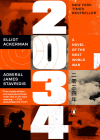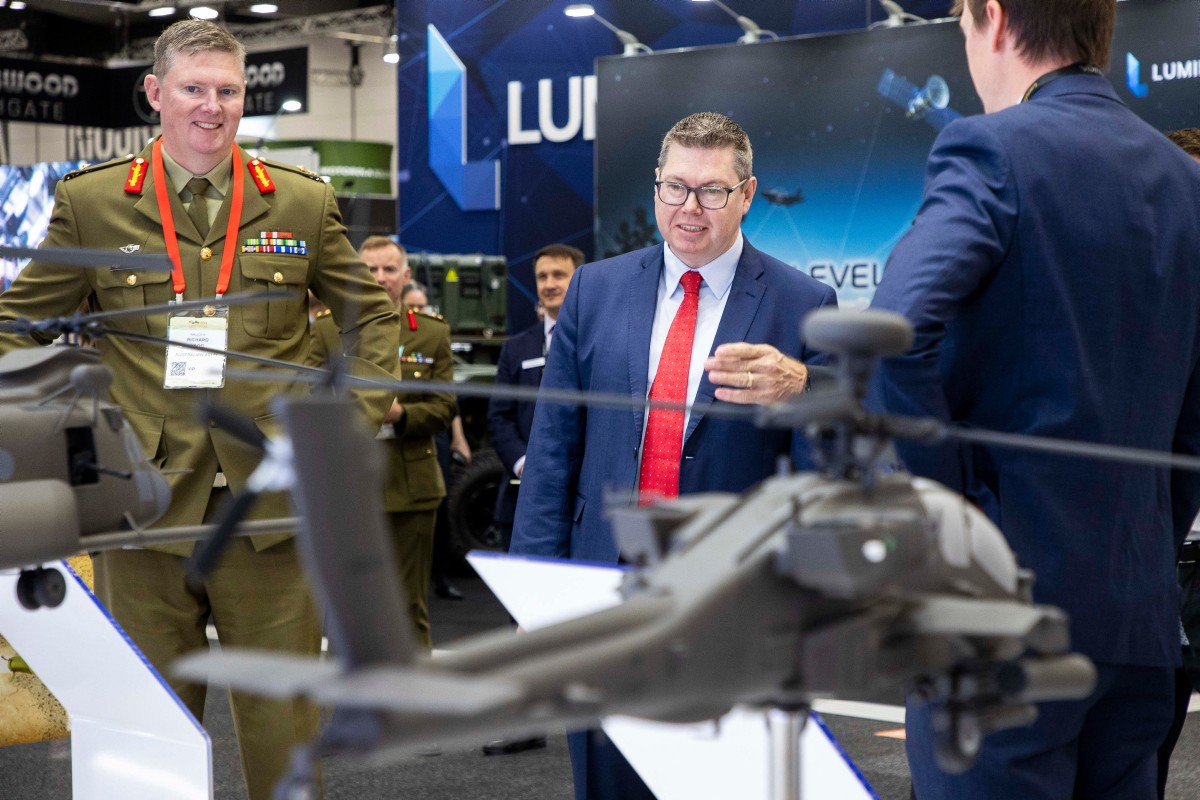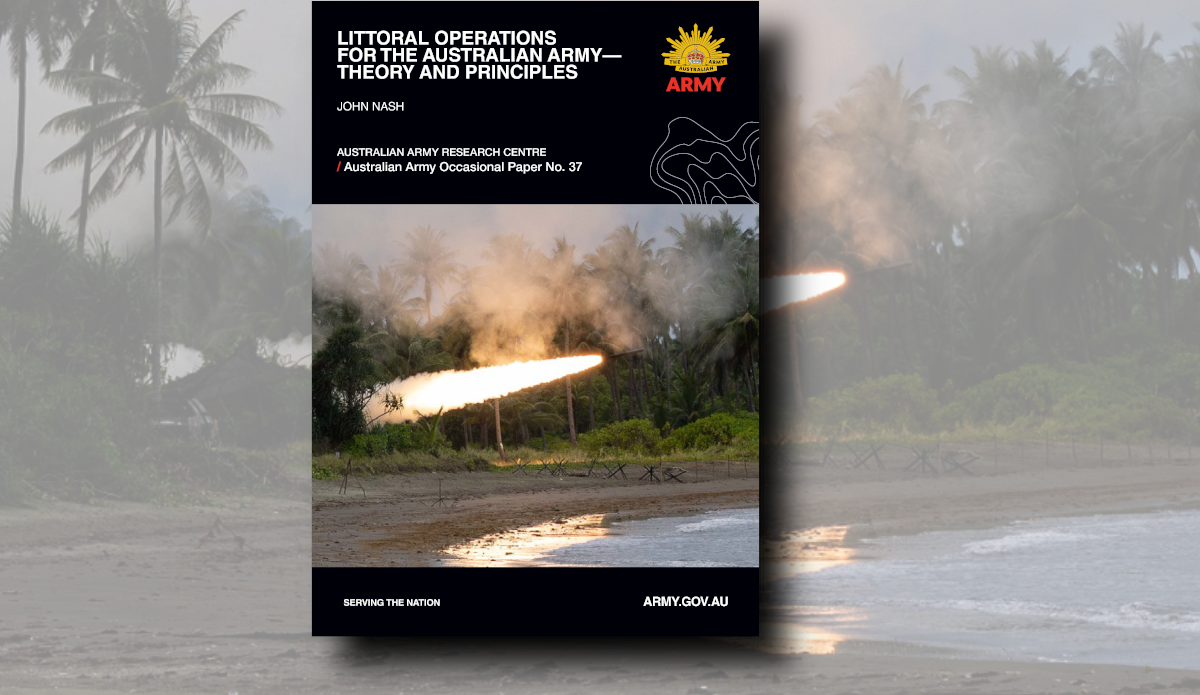By Elliot Ackerman and Admiral James Stavridis
Penguin Press, 2021, 303pp
ISBN 9781984881267 - Paperback
ISBN 9781984881250 - Hardcover
ISBN 9781984881267 - Ebook
ISBN 9780593394748 - Audio
Reviewed by Dr Albert Palazzo
In 1978, the retired British general Sir John Hackett published an account of a fictional war between the
Forty-three years on I have the pleasure, and sorrow, to read another book on a future fictional war. In 2034: A Novel of the Next World War, Elliot Ackerman and Admiral James Stavridis (Ret), consider a violent resolution to the escalating tension that exists between a stronger and more confident China and a still proud United States that is reluctant to accept, or even understand, that the world has changed. One does not need to have read Shakespeare to recognise that tragedy is the only outcome of such a combination of emotion with military power. Indeed, tragedy is what happens, particularly for the cities that are levelled as the combatants justify escalation across the nuclear threshold in a fool’s quest for victory.
Ackerman and Stavridis share with Hackett some motivations for writing their book. 2034 is a timely reminder that nuclear weapons cannot be used without risking the end of human civilisation. In present day security discussions, the limits imposed on war by the onset of the atomic age, that Bernard Brodie identified in the 1946 book The Absolute Weapon, seem to have been forgotten by military professionals and their civilian masters. The result is war drums beaten with increased fervour but diminished responsibility.
For the military practitioner, the take-aways from 2034 are not to be found amongst the tactics employed by the combatants. None would be of any surprise to contemporary students of war, although cyber does feature more centrally. Rather, what draws the authors’ attention is the timeless human values that sit at the heart of all conflict and which remain critical to the understanding and waging of war. The book’s value lies in the exploration of these themes, and the need to recognise and learn. Hubris and miscalculation are evident by both the
As fiction, the authors are able to highlight traits that are difficult to express in works of history, such as the need for commanders to have imagination. It is not enough to follow doctrine and military planning processes when making your plans or attempting to anticipate your opponent’s intentions. Genius comes from the ability to imagine the possibilities that are outside the staff process; for it is here that decisive success lies.
For those whose job it is to wage war, fiction offers another path to professional fulfilment. Fiction’s usefulness should not be discounted and it has the benefit of being easier to master than On War. It has a part to play in the mix of one’s military reading and professional eduction. 2034 can admirably serve as a seminar for junior officers who may need motivation to accept the importance of self-education for the benefit of their careers, as well as the lives of those they command. Ackerman and Stavridis have written a useful, action packed book that is highly accessible and relevant. I recommend its inclusion on military reading lists.




